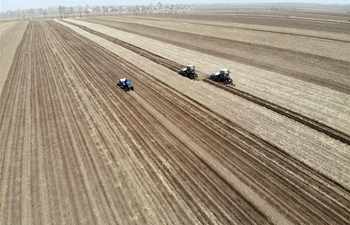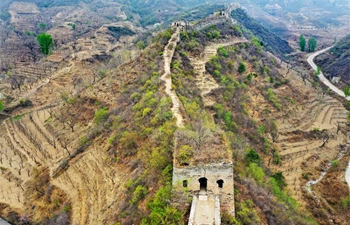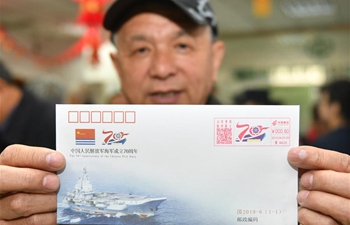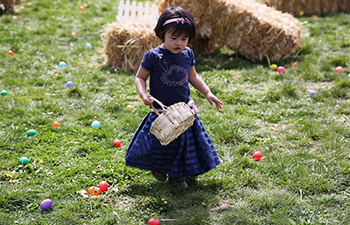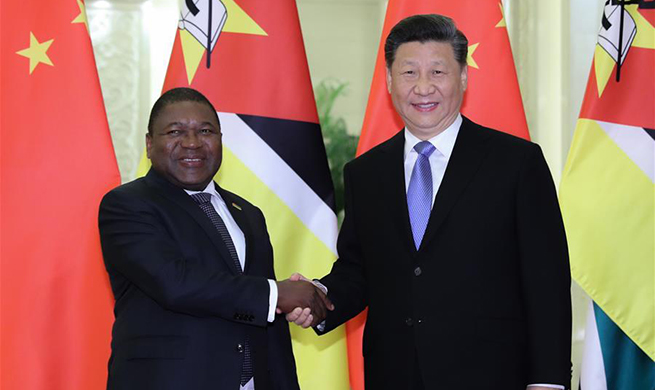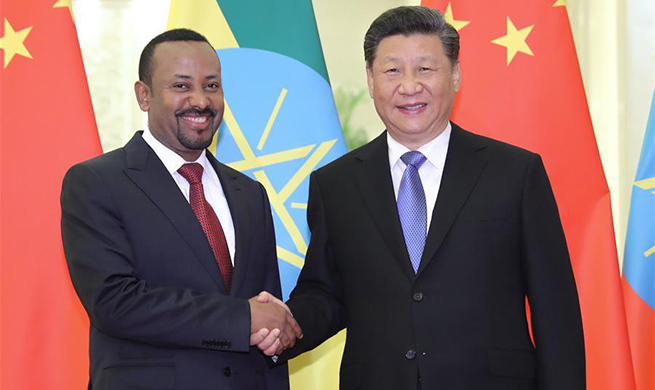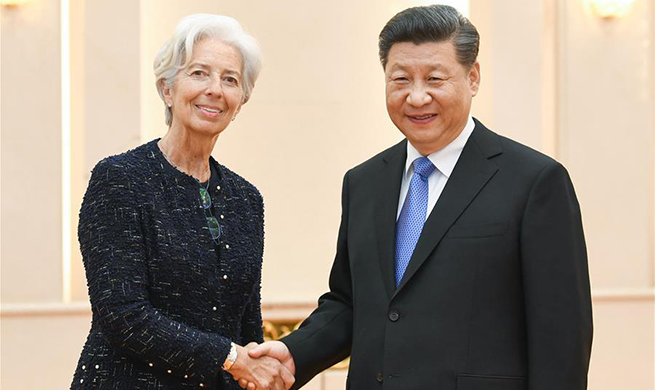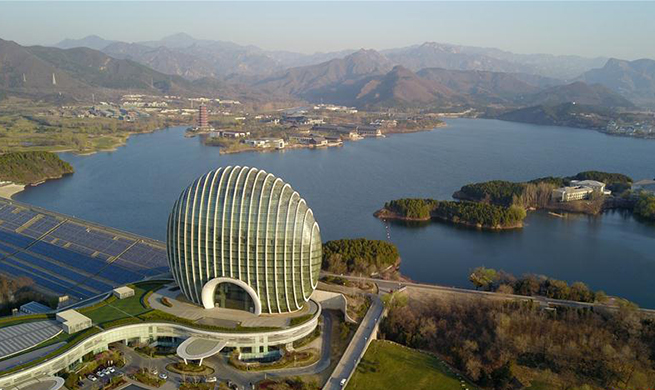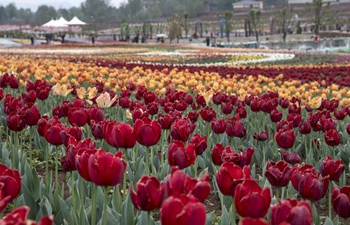URUMQI, April 24 (Xinhua) -- It took less than half an hour to clear eight truckloads of sunflower seeds through the Bakti port in Xinjiang along the China-Kazakhstan border, as local customs authorities take measures to make trade more efficient.
Liu Junyi, manager of the Yongli Trade Co., Ltd in the city of Tacheng, said the imported sunflower seeds will be sent to plants in Xinjiang to extract oil.
The company exports farm produce such as oranges, apples and tomatoes to Russia and Kazakhstan and imports sunflower seeds, noodles, biscuits and fish feed, he said. Annual turnover is over 40 million U.S. dollars, he added.
Liu attributes his thriving business to the growing willingness to cooperate in agriculture across borders. As an important part of the ancient Silk Road, trade of agricultural produce has been invigorated by the Belt and Road Initiative.
Bakti port became the first port in China to offer express clearance for agricultural products in 2013, cutting clearance time from five hours down to 30 minutes. Express clearance is now available in multiple ports along China's border with Kazakhstan, Kyrgyzstan and Tajikistan.
Urumqi customs has rolled out more measures to facilitate imports from countries and regions along the Belt and Road, streamlining quarantine procedures for horse meat, lamb, aquatic products, wheat, and fruits from Pakistan, Kazakhstan, Belarus, Uzbekistan and others.
Imports of ethnic medicines such as licorice and fritillary have also been made more efficient, it said.
Urumqi Customs data shows that from January to March, Xinjiang's agricultural import and export totaled 394,500 tonnes, up 11.95 percent year on year. Total value was 2.1 billion yuan (313 million dollars), up 43.9 percent.
As a core area on the Silk Road Economic Belt, Xinjiang Uygur Autonomous Region has earmarked 10 ports to import grain, fruits, frozen aquatic products and seeds respectively. Another eight ports for meat import are under construction.




